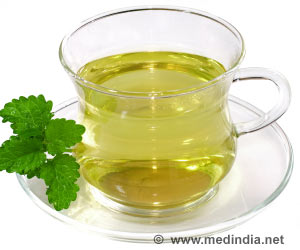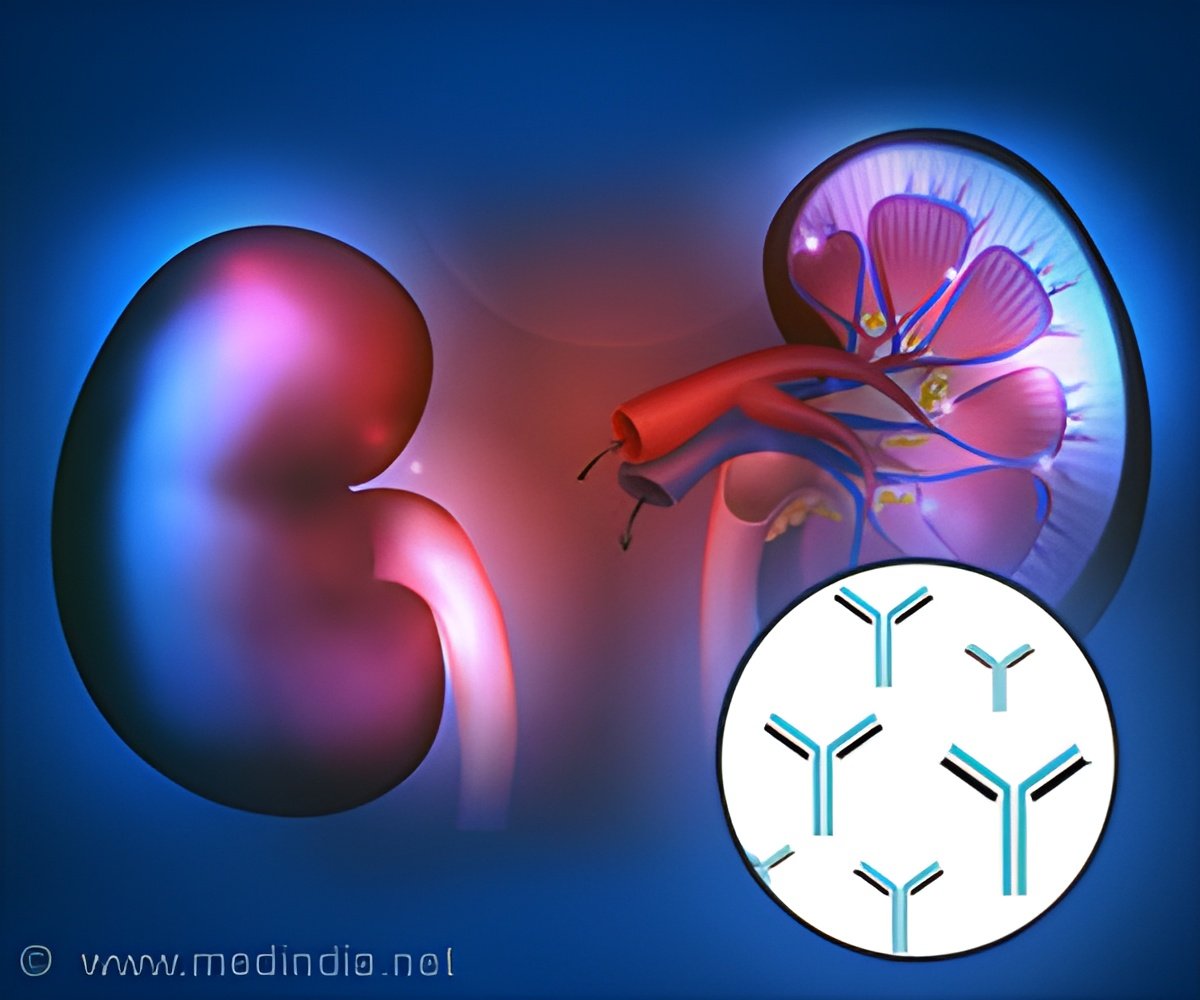Chemicals in these teas bind to the spike protein on the surface of the COVID-19 virus, preventing it from infecting cells.
“To estimate whether Omicron sub-variants of SARS-CoV-2 were inactivated by tea, the virus suspension was exposed to green tea or black tea that was freshly brewed by pouring hot or boiled water over tea leaves, or to Matcha green tea that was freshly prepared by whisking powdered Matcha tea in hot water,” the researchers explained the study process.
Laboratory experiments found that EGCG and TFDG both latch on to the virus in the same spot where the human ACE2 receptor connects. “This receptor is like a door that lets the virus enter human cells and cause illness. When the tea chemicals block this crucial interaction, the virus loses its ability to make people sick,” the study explained.
Advertisement
The researchers discovered that EGCG and TFDG significantly reduced the infectivity of BA.1 and XE subvariants, but had a weaker effect on BA.2.75 subvariants.
Effect of Tea-Based Desserts
Seven healthy participants took part in this study and were given either a sweet made of several varieties of tea – matcha, black, and green tea – or a placebo.
The scientists said, “We found that all the omicron sub-variants we tested were efficiently inactivated by treatment with green tea, matcha green tea, and black tea for 10 seconds.”
“A candy containing green tea or black tea may be useful for inactivating the virus if infected persons consume it, to decrease virus load in the oral cavity and gastrointestinal tract of the infected person, as well as to prevent the spread of the virus from the infected persons to nearby uninfected persons.”
References:
- https:doi.org/10.3390/life13030852
Source: Medindia



